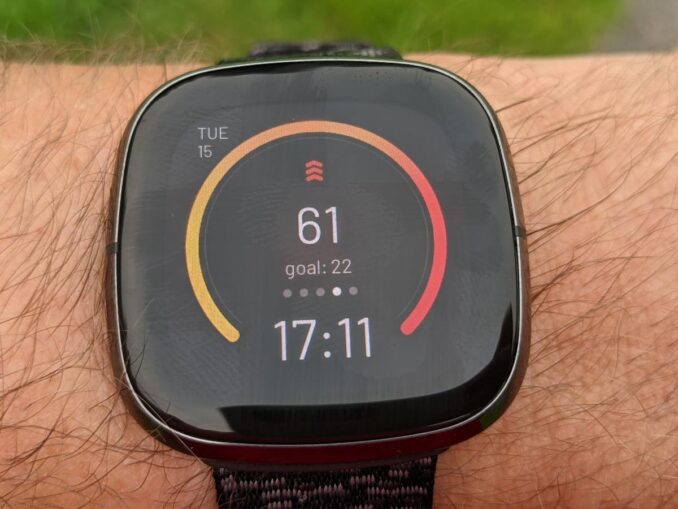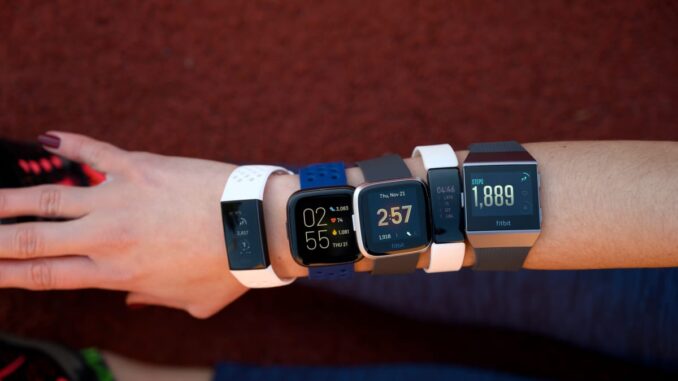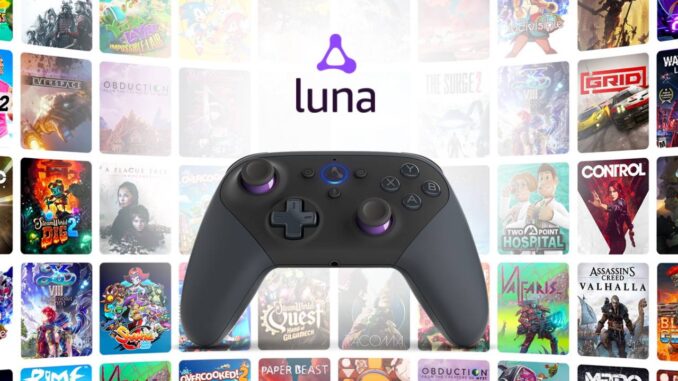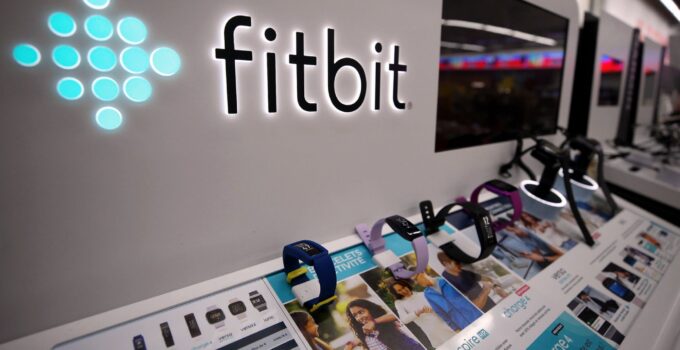It’s a constant source of concern for some of us that the same three or four companies appear to have far too much control over our data, the goods in our homes, and via the extension of those things, our lives. For reasons of privacy and preference, millions of people worldwide do their level best to boycott or avoid buying goods or services from Facebook, Amazon, Apple, or Google. We don’t like the idea of such an enormous company knowing so much about us, and so we try to give them as little information as possible. The problem with that is it’s becoming ever harder to do so – and that problem just got worse.

Source:zdnet.com
If you use a Fitbit device to help yourself monitor or otherwise stay on top of your health, you’re now wearing Google technology. That will probably come as a surprise to some of you because your device didn’t belong to Google when you purchased it. It does now though, and, therefore, so does some of the data that’s generated whenever you use it. Google’s ongoing purchase of Fitbit was first proposed in late 2019 but didn’t clear the necessary hurdles at the European Union until late 2024 and wasn’t finally confirmed as a completed piece of business until January 14, 2024. it’s understood that the acquisition cost Google $2.1bn – an enormous amount of money for most people, but a drop in the ocean for a business that has Google’s resources.
For obvious reasons, Google is very keen to dispel the idea that the company’s primary interest in Fitbit is data. In a statement issued to mark the completion of the protracted purchase, Rick Osterloh – the company’s chief hardware officer – says the purchase is all about devices and wearable technology – an area that Google intends to expand into aggressively during the next five years. In the same statement, he points out that Google has previously promised that health and fitness data obtained by Fitbit won’t be shared with any of Google’s ad tracking or ad supply software. As critics of the move have already pointed out, though, that promise doesn’t say anything about other personal information that Fitbit might know about its users.
This is the latest example of the biggest of the ‘Big Tech’ companies making inroads into industries they never set out to get involved in. Facebook does it all the time. It failed miserably with the “Facebook Phone,” which was really just an HTC First with a special version of the Facebook app. It’s had better success with Facebook Portal, which has given them leverage in the video calling market. The jury is still out on the company’s online slots experiment. Presumably encouraged by the fact that internet casinos and online slots websites are part of a market that makes sixty billion dollars each year, Facebook approved its first on-site online slots page in 2018 in the hope that people could be persuaded to stay on Facebook or play online slots rather than go elsewhere. As of the time of writing, the page has just over one million followers. In fact, head to an online slots website like Rose Slots, you will find useful guides and research before you play their games.

Source:reviewed.com
Google might be saying all (or most) of the right things about its Fitbit acquisition, and it may genuinely have no attempt to harvest or otherwise appropriate data from it, but the company may want to look to Facebook for an example of what happens when regulators believe you own too many things and dominate too large a share of any market. Facebook is finding that out to its cost at the moment. The US Government has always been suspicious of the way Facebook went about purchasing WhatsApp and Instagram and sued to break the company up in December 2024. Facebook will defend itself vigorously against any attempt to break it up, and most industry experts expect the attempt to fail. That doesn’t change the fact that it’s a PR disaster for Facebook, and it’s also costing them a lot of money in legal expenses. If a regulator were to look at Google and decide that it’s also acquired one high-profile company too many, it might also find itself in court attempting to justify its existence and conduct.
Amazon might not be as aggressive or visible as the other companies we’ve mentioned when it comes to acquisition or expansion, but it’s still slicing through competition with incredible speed. Because everyone’s got so used to having Amazon Prime, we’ve almost forgotten that there was once a time when Amazon was a mail-order website, and the idea of them having a film and television service that could rival Netflix would be ridiculous. The company has launched a new video gaming platform called Amazon Luna recently too. It wouldn’t surprise us to see that become an existential threat to Microsoft and Sony’s marketplace dominance in years to come. Amazon has been accused of cloning and then de-listing products made by third parties on its website for several years now, and although the company has never been found guilty of any such offense, the suspicion lingers. Amazon, like Google and Facebook, wants to be involved in as many aspects of your life as possible. Apple is the same, although that’s so obvious a point it’s barely worth us mentioning it.

Source:techradar.com
The reality of living an online, interconnected life in 2024 is that you can’t boycott the big companies even if you want to. If they want your data, they’ll eventually find a way to acquire it. Even mobile phones tend to come in one of two flavors these days, and that’s your data sewn up. Apple has your data if you have an iPhone, and Google has your data if you use any device that runs Android operating software. All of the big tech firms know us intimately already, and it’s probably too late to do anything about it. If you’re still keen on trying to keep your data out of their hands, then you’ll also have to avoid Fitbit from now on, but the chances are that they’ll get you in the end even if you do.





